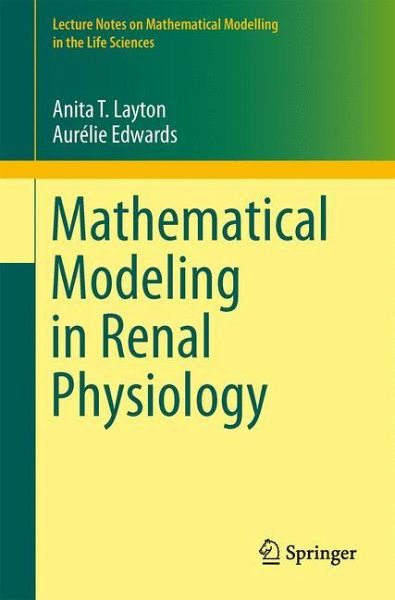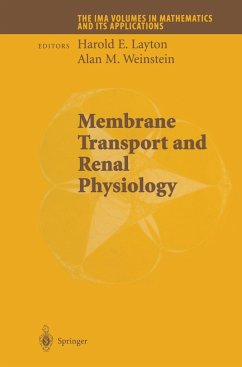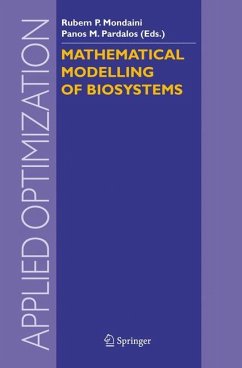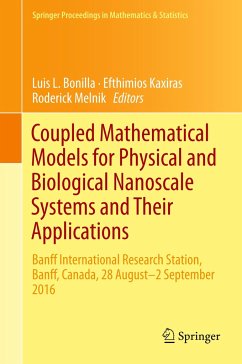
Mathematical Modeling in Renal Physiology

PAYBACK Punkte
19 °P sammeln!
With the availability of high speed computers and advances in computational techniques, the application of mathematical modeling to biological systems is expanding. This comprehensive and richly illustrated volume provides up-to-date, wide-ranging material on the mathematical modeling of kidney physiology, including clinical data analysis and practice exercises. Basic concepts and modeling techniques introduced in this volume can be applied to other areas (or organs) of physiology.The models presented describe the main homeostatic functions performed by the kidney, including blood filtration, ...
With the availability of high speed computers and advances in computational techniques, the application of mathematical modeling to biological systems is expanding. This comprehensive and richly illustrated volume provides up-to-date, wide-ranging material on the mathematical modeling of kidney physiology, including clinical data analysis and practice exercises. Basic concepts and modeling techniques introduced in this volume can be applied to other areas (or organs) of physiology.
The models presented describe the main homeostatic functions performed by the kidney, including blood filtration, excretion of water and salt, maintenance of electrolyte balance and regulation of blood pressure. Each chapter includes an introduction to the basic relevant physiology, a derivation of the essential conservation equations and then a discussion of a series of mathematical models, with increasing level of complexity.
This volume will be of interest to biological andmathematical scientists, as well as physiologists and nephrologists, who would like an introduction to mathematical techniques that can be applied to renal transport and function. The material is written for students who have had college-level calculus, but can be used in modeling courses in applied mathematics at all levels through early graduate courses.
The models presented describe the main homeostatic functions performed by the kidney, including blood filtration, excretion of water and salt, maintenance of electrolyte balance and regulation of blood pressure. Each chapter includes an introduction to the basic relevant physiology, a derivation of the essential conservation equations and then a discussion of a series of mathematical models, with increasing level of complexity.
This volume will be of interest to biological andmathematical scientists, as well as physiologists and nephrologists, who would like an introduction to mathematical techniques that can be applied to renal transport and function. The material is written for students who have had college-level calculus, but can be used in modeling courses in applied mathematics at all levels through early graduate courses.













